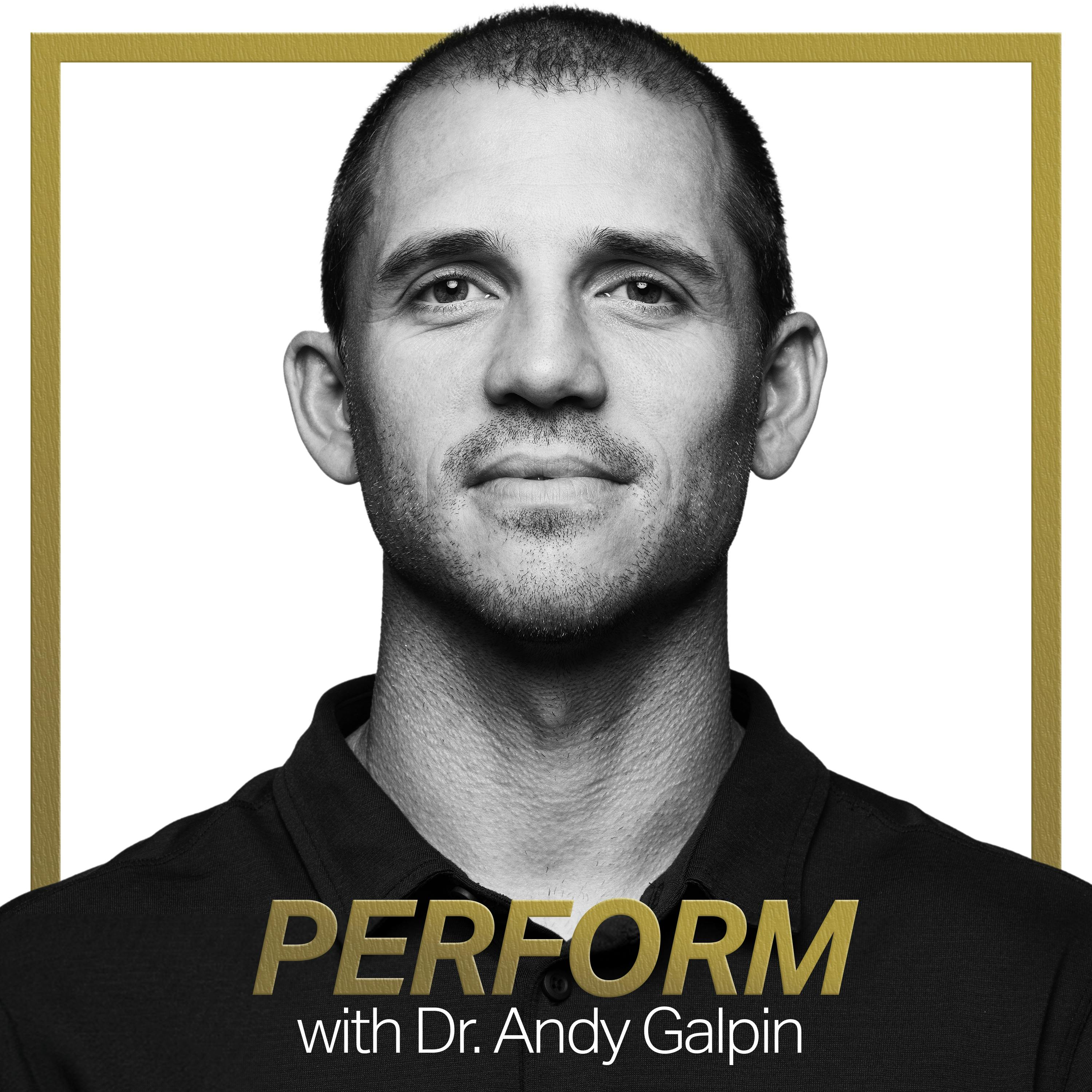In this episode, my guest is Jordan Sullivan, APD, a registered sports dietitian and the founder of The Fight Dietitian (TFD), whose clients include UFC world champions, Olympians, and ultra-endurance athletes. We discuss performance nutrition, focusing on how to strategically use diet and nutrition to optimize an athlete’s physical performance, recovery, and overall health while aligning with their training intensity and volume. We take a holistic view of nutrition, considering individualized goals, lifestyle factors, training schedules, and meal frequency. We also cover core nutrition principles for non-elite athletes, including calorie estimates, macronutrient thresholds, and how to estimate calorie deficits for sustainable weight loss. Additionally, we explore different fuel sources used during exercise and how they shape an effective nutrition strategy for training and competition. Finally, we discuss pre-competition nutrition for endurance athletes, hydration, electrolytes, and extreme weight cutting. Read the full episode show notes at performpodcast.com. Thank you to our sponsors AG1: https://drinkag1.com/perform Momentous: https://livemomentous.com/perform LMNT: https://drinklmnt.com/perform Parker University: https://parkerseminars.com Eight Sleep: https://eightsleep.com/perform Timestamps 00:00:00 Jordan Sullivan 00:01:31 Pre-Competition Nutrition, Hyrox, UFC 00:07:55 Sponsors: Momentous & LMNT 00:10:54 Performance Nutrition & Goals 00:15:14 Performance Nutrition vs Periodized Nutrition; Schedule Adaptation 00:20:36 UFC Fighters, Compliance & Performance 00:26:06 Nutrition Adherence, Lifestyle Integration, Tool: 90/10 Goal 00:30:34 Non-Elite Athletes & Core Principles, Tools: Macronutrient Thresholds, Fiber 00:37:32 Food Quality, Tool: Whole Foods, Supplements 00:40:54 Sponsors: Parker University & Eight Sleep 00:43:46 Resting Metabolic Rate, Tool: Daily Calorie Estimates; Fat Loss & Calorie Deficit 00:51:44 Weight Loss, Sustainable Goals 00:57:47 Calorie Deficit, Performance & Injury; Blood Work 01:01:54 Modifying Plans, Tracking Food; Meal Frequency, Fasting? 01:07:58 Sponsor: AG1 01:09:22 Exercise, Fat vs. Carbohydrates, Crossover Point & Fatigue, VO2 Max 01:18:13 Food Choices, Carbohydrates, Pre-Competition Nutrition 01:22:14 Sparing Glycogen, Pre-Competition Carbs, Glucose vs Fructose, Car Analogy 01:29:54 Nedd Brockmann, Ultra-Endurance Athlete, Fueling & Training the Gut 01:43:25 Competition vs Training Nutrition 01:48:05 Daily Nutrition & Intense Training, Clustering Nutrition 01:51:49 Race Preparation Nutrition, Endurance Athlete; Water Weight, Hydration 02:01:04 Ultra-Endurance Athlete, Hydration & Sweat Rate; Sodium 02:09:28 Ultra-Endurance Event & Nutrition Plan 02:14:32 Macronutrients & Ultra-Endurance Event, Protein & Muscle Loss 02:18:26 Performance Nutrition, Fat vs Carbohydrates, ATP, Fatigue 02:28:50 Weight Cutting, Fat Loss vs Acute Water Loss, Fiber 02:39:18 Weight Cutting, Fluid Load, Sodium 02:42:33 Water Cut; Sauna, Sweating It Out, Dehydration & Caution, Heat Stroke 02:47:50 Body Temperature, Heat Acclimatization; Weight Cuts 02:50:39 Calorie Deficit, Training, Tools: Daily Nutrition, Protein, Individualization 02:56:41 Zero-Cost Support, YouTube, Spotify & Apple Subscribe & Reviews, Sponsors, YouTube Feedback, Social Media, Perform Newsletter Disclaimer & Disclosures
